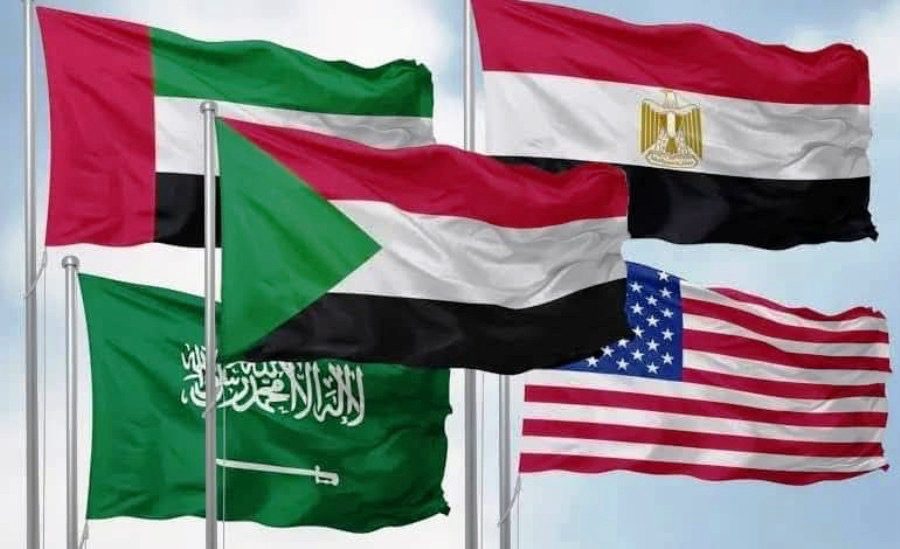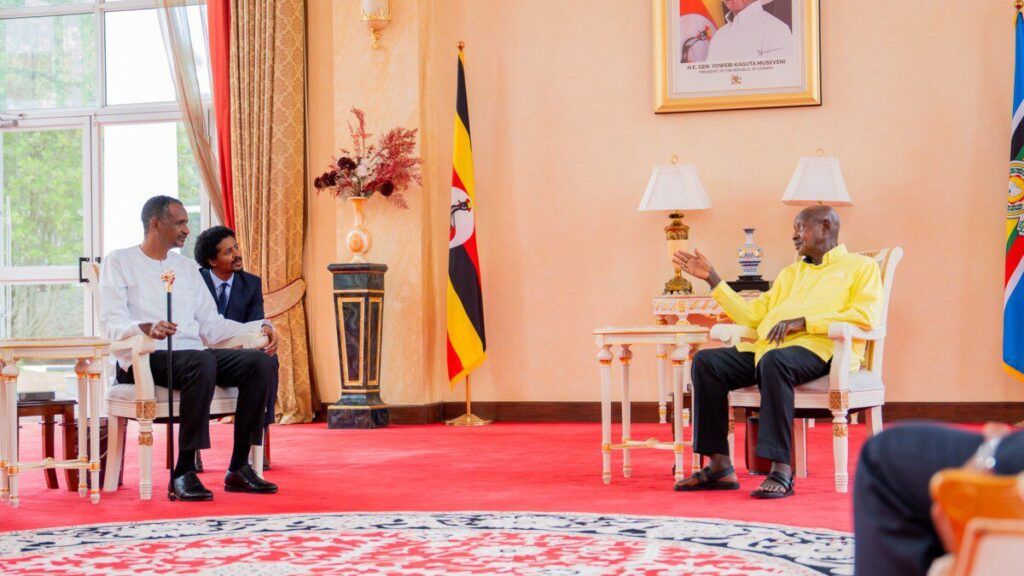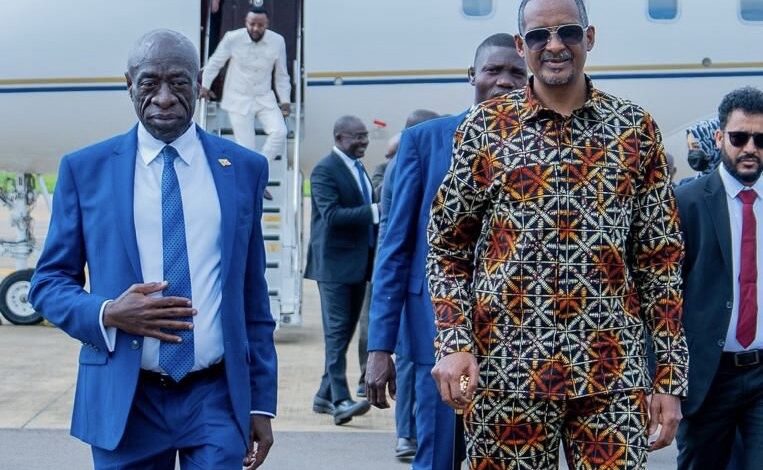
Sudanese commentators say Islamist networks linked to the former ruling National Congress Party are leaning on a familiar message of “external conspiracy” to explain political setbacks, after a joint statement by the Quad — the United States, Saudi Arabia, Egypt and the United Arab Emirates — backed a political path to end the war.
Critics contend Islamists have long framed regional powers and Western governments as hostile to Sudan to deflect blame for economic mismanagement, corruption and state capture. They say the narrative has shifted over time — from Cairo and the West in the 1990s to Washington, and, after Omar al-Bashir’s fall, to Abu Dhabi — but the objective has remained constant: redirect public anger outward while preserving influence at home.
Analysts argue the Quad’s position undercuts that storyline. With the UAE aligned alongside Riyadh and Cairo in calling for a negotiated settlement, they say Islamists face a dilemma: continue to single out the UAE and risk appearing inconsistent, or broaden their attacks to include Saudi Arabia and Egypt and risk isolating themselves regionally.
Opponents of the movement list three recurring tactics: casting a permanent foreign enemy to deflect domestic accountability; weaponizing religion and identity to portray rivals as anti-Islam; and using sympathetic media to repeat “conspiracy” claims until they harden into accepted wisdom.
Islamists dominated Sudan’s institutions for decades until 2019, when a popular uprising ended Bashir’s rule and his party was dissolved. Critics say the movement regained influence amid rifts inside the transitional authorities and helped pave the way for the army’s 2021 takeover. They also accuse Islamist figures of encouraging a military confrontation with the Rapid Support Forces to block a return to civilian rule.
Those critics argue the core obstacle to peace is internal, not external: entrenched actors who resist a civilian transition and undermine ceasefire initiatives. The debate has sharpened since the Quad’s statement, with opponents asserting that blaming foreign capitals is a political tool rather than an answer to Sudan’s crisis.




